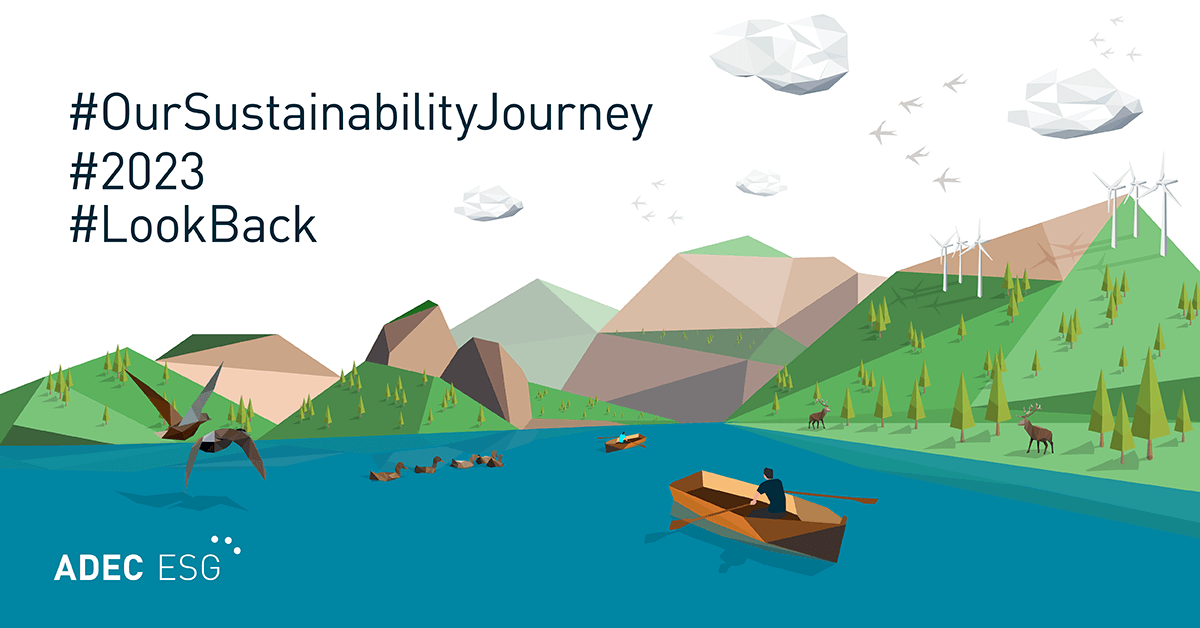The world is home to over seven billion people, nearly all of whom necessarily consume goods every day. With every product that consumers around the world buy, they generate waste, increase their carbon footprint, and impact the environment. With these realities in mind, the retail sector is in a very ideal position to initiate sustainability efforts.
Initiating sustainability activities, needless to say, is a huge undertaking. As with any other sector, the retail industry is going to need all the help it can get from its stakeholders, particularly, from consumers. Below are three fundamental steps that retail businesses must take in order to successfully engage consumers in their sustainability efforts:
Communication
Retailers must first face the challenge of communicating sustainability information in the most educational, honest, and convenient way possible for their consumers.
Sustainability Issues in the Retail Sector, a report published by UK-based research company Ipsos MORI, says that the key to communicating sustainability effectively to consumers is clarity. Retailers must first focus on communicating the most significant points of sustainability issues that they are helping address. Rather than bombard consumers with sustainability information, retailers must organize and repackage sustainability information in a way that is easy for them to digest.
Another thing that retailers must remember is to talk to their consumers encouragingly—they shouldn’t order them around, but rather simply explain how certain products can be good for them, and for the environment.
Retailers who want to engage consumers in their sustainability initiatives must also gain consumer trust through transparency. Retail businesses must show that they keep their sustainability promises by showing honest results of their undertakings, such as how much water they have helped saved, their contributions to consumers recycling, and whether they source goods from sustainable supply chains, for example.
Collaboration
Operating more sustainably isn’t a feat that can be achieved overnight, or alone, for that matter. According to the Ipsos MORI study, retailers must keep track of local and international regulations, consult with sustainability experts, and consider carefully as to how they want the media to present them.
By keeping abreast of environmental regulations, retailers can maintain scrupulous selection of the goods they choose to sell. This ensures that they source produce and other goods from sustainable and ethically-traded sources. Consulting with sustainability experts on the other hand, gives retailers a wider understanding of sustainability, thus helping them analyze, set, and achieve their sustainability targets. Retail businesses must carefully manage their reputation and present themselves to the media since, according to the Ipsos MORI study; consumers heavily rely on television, the internet, and newspapers for information on businesses’ sustainability performance.
Consistency
Retailers must be able to “walk the talk”, to the best that they can by not only initiating sustainable efforts, but maintaining them as well.
Consumers will try to seek information from the media, or through friends and family to see if businesses keep their sustainability promises. Retailers therefore, must incorporate sustainability into their business practices permanently so that all observers — whether they be media or consumers — will arrive at similar views. It is important that all consumers and third parties view a retailer as having successful sustainability initiatives as this erases cynicism among them, and instead fosters hope and encouragement that their making sustainable purchases actually helps the environment.
The three C’s of sustainability for consumers are interrelated. Retail businesses should apply all three in their sustainability practices to engage consumers more by helping them make eco-friendly purchases.
ADEC ESG pecializes in offering supply chain scorecard programs along with carbon, water, and energy management programs for the retail industry. Contact us today to find out more about how we can help your organization create a more sustainable retail business.




